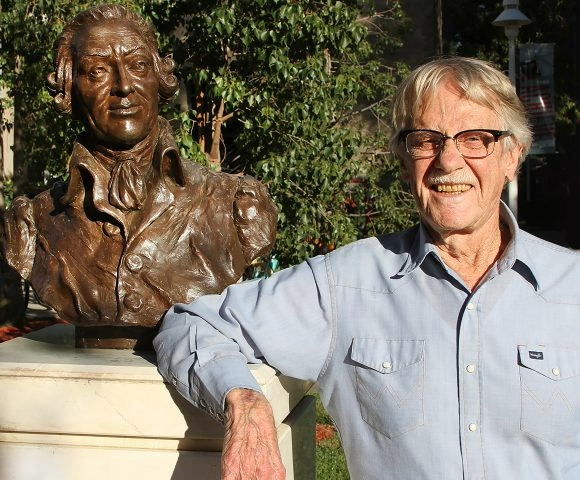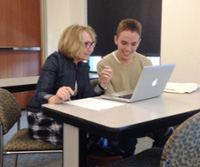The Smith Institute was established to challenge the perceived tension between economics and the humanities and to blur the lines between faculty research and undergraduate teaching. Its dual mission is to:
- reintegrate the study of the humanities and economics in the spirit of Adam Smith, the author of The Theory of Moral Sentiments and An Inquiry into the Nature and Causes of the Wealth of Nations, and
- recombine research and undergraduate education as a discovery process in the spirit of Vernon Smith, the progenitor of experimental economics.
The faculty of the Smith Institute are creating new connections between the Argyros College of Business and Economics, the Economic Science Institute, the Institute for the Study of Economics, Religion and Society, the Schmid College of Science and Technology, and the Wilkinson College of Arts, Humanities, and Social Sciences.
The Smith Institute for Political Economy and Philosophy welcome the Class of 2026!
Please watch Prof. Katharine Gillespie's Aims of Education speech at Chapman's 2022 Convocation.



